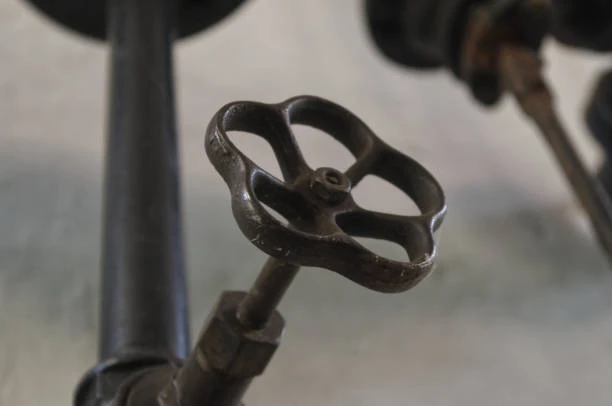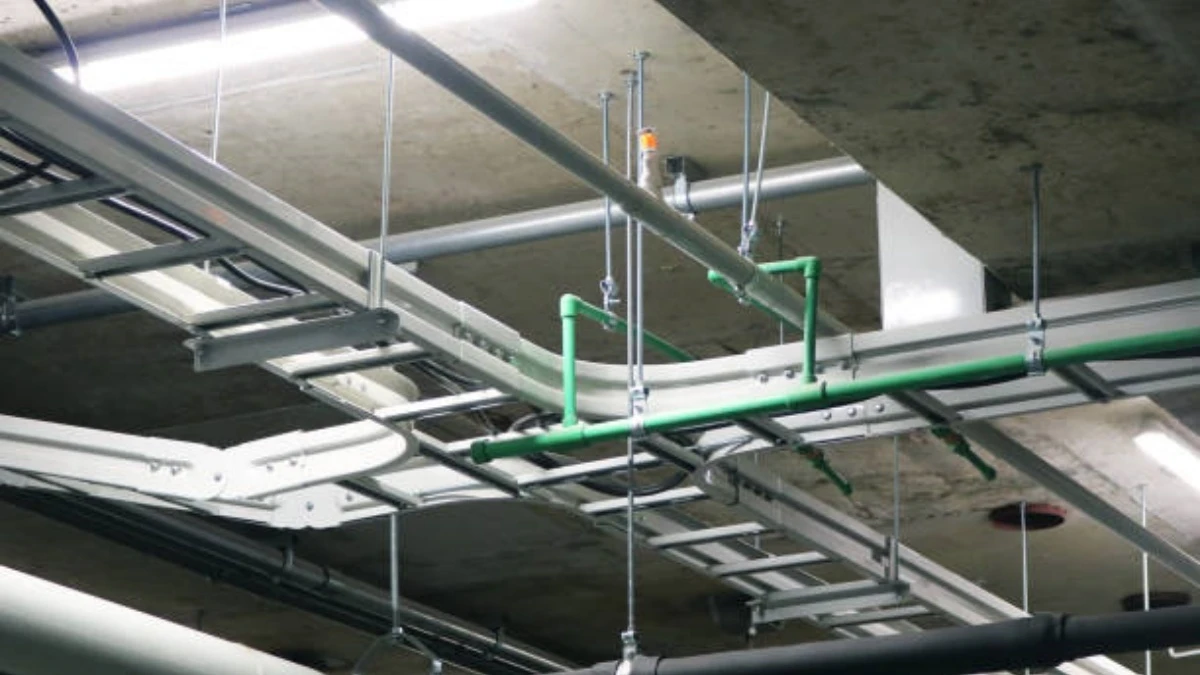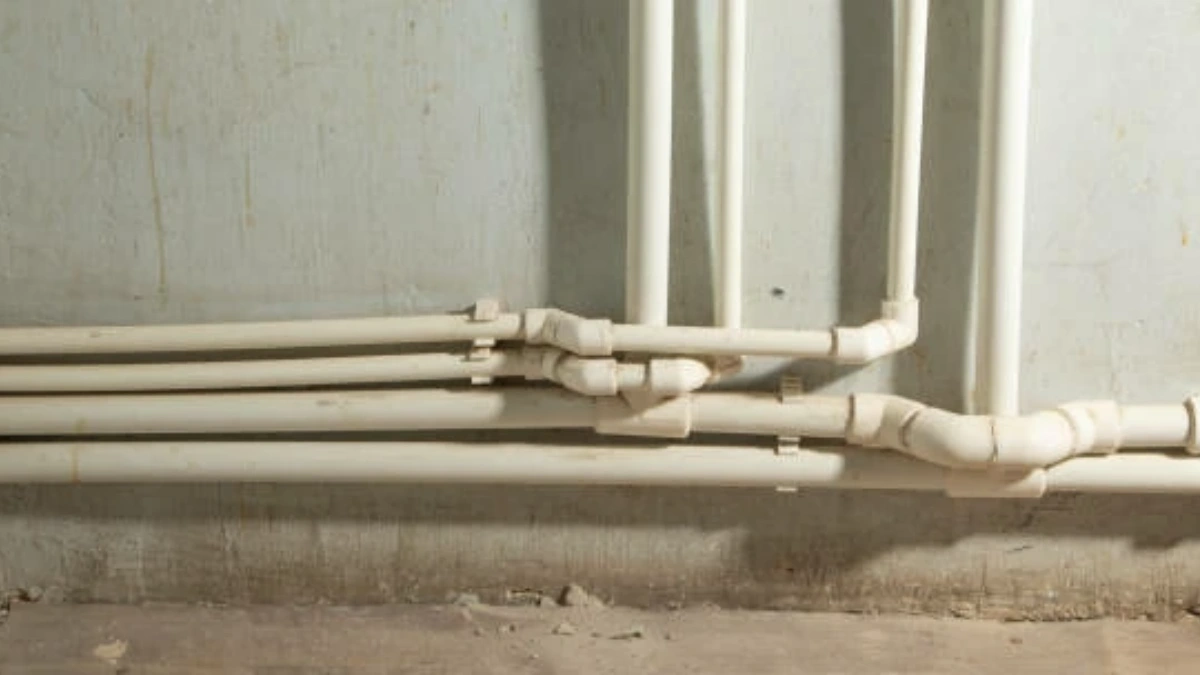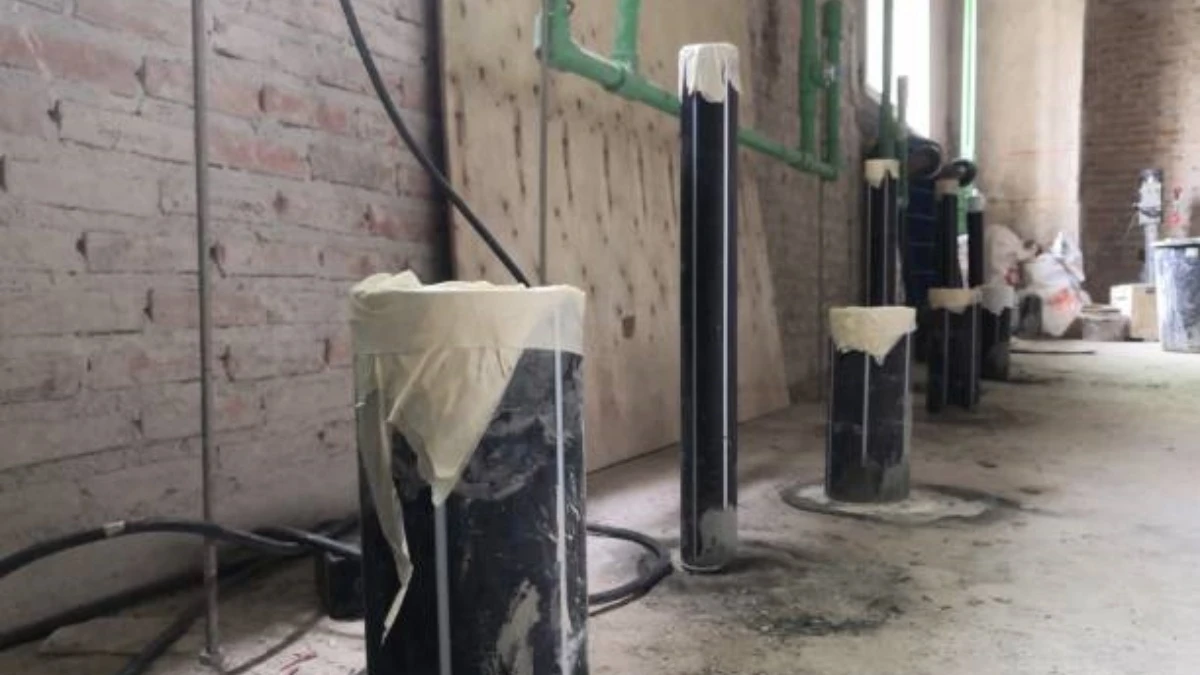In a significant move towards enhanced efficiency and precision, a leading valve manufacturer has successfully automated its prismatic machining processes. This advancement in manufacturing technology not only streamlines production but also improves product quality, reduces human error, and increases overall output. In this article, we will explore the benefits of automated prismatic machining for valve manufacturing, the technology behind it, and how it positions valve manufacturer to meet the increasing demands of various industries.
What is Prismatic Machining?
Prismatic machining refers to the process of machining solid workpieces—typically in a rectangular or prismatic shape—using various cutting tools to create the final design. This process is commonly used for producing complex components with intricate shapes. The process can include milling, drilling, and turning, all of which are typically performed using multi-axis machines.
For valve manufacturers, prismatic machining is particularly important. Valves, with their complex internal geometries, require precise machining to ensure they function correctly under high pressures and varying temperatures. The automation of this process allows manufacturer to improve consistency and reduce the chances of defective products reaching the market.
How Automation is Revolutionizing Prismatic Machining in Valve Manufacturing
Valve manufacturer face the challenge of meeting high production standards while minimizing operational costs. The automation of prismatic machining addresses several issues in traditional valve manufacturing:
1. Enhanced Precision and Accuracy
Automated systems utilize computer numerical control (CNC) technology, which ensures that the prismatic machining process is carried out with a level of precision that is difficult to achieve manually. This precision is critical for valves, as even minor imperfections can lead to failure in high-pressure systems. Automated machining allows for tighter tolerances and more consistent results, improving product quality and performance.
2. Increased Production Speed
By automating the prismatic machining process, valve manufacturers can significantly increase their production speed. CNC machines can operate continuously, often without the need for manual intervention. This reduction in human involvement accelerates production cycles and allows manufacturer to meet higher demand levels while maintaining quality.
3. Reduced Human Error
In traditional machining processes, human error can lead to inconsistencies and defects in the final product. With automation, the risk of error is greatly reduced. CNC systems are programmed to execute tasks with high accuracy, which eliminates mistakes associated with manual adjustments and miscalculations.
4. Cost Efficiency
Automating prismatic machining can also help valve manufacturers reduce costs in the long run. While there may be an initial investment in automated systems, the increased productivity, lower labor costs, and reduced material waste lead to a more cost-efficient manufacturing process over time. This allows manufacturers to remain competitive in a global market where price sensitivity is high.
5. Scalability
One of the significant advantages of automation is scalability. Valve manufacturer can easily scale up production to meet increased demand without the need to significantly expand the workforce or invest in additional infrastructure. Automated systems are flexible, allowing for quick adjustments to accommodate different valve designs and sizes.

The Technology Behind Automated Prismatic Machining
Automated prismatic machining involves several sophisticated technologies that work together to create highly accurate valve components. Some of the key technologies used in this process include:
1. CNC Milling Machines
CNC milling machines are the heart of automated prismatic machining. These machines can perform a range of tasks such as drilling, boring, and cutting, all of which are necessary for producing intricate valve components. The precision offered by CNC mills ensures that each part meets the required specifications, making them ideal for valve manufacturing.
2. Multi-Axis Machining
Multi-axis machining systems offer greater flexibility by allowing multiple operations to be performed simultaneously on different planes. This ability is particularly useful in valve manufacturing, where the complexity of parts requires machining from various angles to create the desired geometry.
3. Robotics Integration
In many modern valve manufacturing facilities, robotics play a key role in automating the prismatic machining process. Robots can handle parts, load and unload machines, and perform quality checks. This integration of robotics further enhances efficiency and reduces the need for manual labor.
4. Quality Control and Inspection Systems
Automation in prismatic machining is complemented by sophisticated quality control systems. These systems use sensors and imaging technology to ensure that each valve component is produced within the specified tolerances. Any deviations from the desired standards can be identified early, reducing the likelihood of defects and ensuring that only high-quality products are shipped to customers.
5. Advanced Software Solutions
Modern valve manufacturer rely on advanced software to program CNC machines and optimize the machining process. These software solutions allow for precise control over the entire manufacturing process, from initial design to final product inspection. They can also simulate machining operations, enabling manufacturers to identify potential problems before production begins.
Benefits of Automated Prismatic Machining for Valve Manufacturers
The adoption of automated prismatic machining in valve manufacturing offers several advantages that go beyond increased production speed and precision. Here are some additional benefits:
1. Flexibility in Design
Automated systems can easily adapt to new valve designs and sizes, which is crucial in industries like oil and gas, water treatment, and chemical processing, where valve requirements are constantly evolving. Manufacturers can modify their machining parameters to accommodate different valve models without having to invest in new equipment.
2. Environmental Sustainability
Automating prismatic machining can help reduce material waste and energy consumption. The precision of CNC machines ensures that less material is wasted during the machining process, and the ability to optimize cutting paths means less energy is consumed per unit of production. These factors contribute to a more sustainable manufacturing process, which is increasingly important to customers and regulatory bodies.
3. Improved Worker Safety
Automation in prismatic machining reduces the need for workers to perform repetitive or dangerous tasks, improving overall workplace safety. CNC machines and robotic systems handle most of the physical work, reducing the risk of injuries associated with traditional machining operations.
The Future of Automated Prismatic Machining in Valve Manufacturing
As technology continues to evolve, the future of prismatic machining in valve manufacturing looks promising. Advances in artificial intelligence, machine learning, and the Internet of Things (IoT) are expected to further enhance the capabilities of automated systems. These technologies will enable even more precise control, real-time data analysis, and predictive maintenance, which will optimize production processes and minimize downtime.
Additionally, the continued push for sustainability in manufacturing means that valve manufacturer will focus on developing more energy-efficient and eco-friendly automated systems. This shift will not only meet environmental standards but also cater to the growing demand for green manufacturing practices.
Conclusion
The automation of prismatic machining is a game-changer for valve manufacturers, offering benefits ranging from improved precision and speed to cost efficiency and scalability. As this technology continues to advance, it will help valve manufacturers stay competitive in an increasingly demanding marketplace while meeting the stringent quality standards required in industries such as oil and gas, water treatment, and power generation.
By embracing automation, valve manufacturers are not only improving their bottom line but also positioning themselves for future growth in a rapidly evolving industry.
FAQs
1. What is prismatic machining?
Prismatic machining is a process where solid workpieces with rectangular or prismatic shapes are machined using cutting tools to create intricate components.
2. How does automation improve prismatic machining?
Automation enhances precision, reduces human error, increases production speed, and lowers costs by utilizing CNC machines and robotic systems to perform tasks efficiently.
3. What types of valves benefit from prismatic machining?
Valves used in industries like oil and gas, water treatment, and chemical processing require prismatic machining due to their complex geometries and high-performance requirements.
4. How does automated machining reduce production costs?
Automation reduces labor costs, increases production efficiency, minimizes material waste, and ensures consistent quality, which all contribute to long-term cost savings.
5. Will automated prismatic machining replace human workers?
While automation reduces the need for manual labor in some areas, it also enhances worker safety and productivity. Workers will still be needed for overseeing operations, programming machines, and handling maintenance tasks.

















